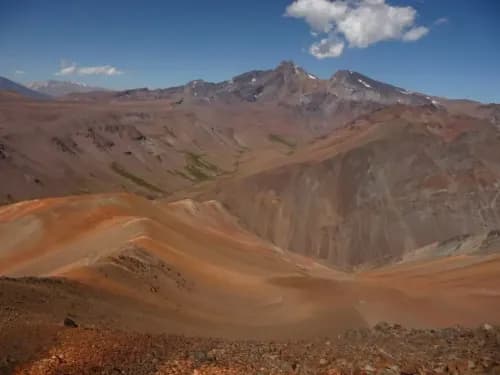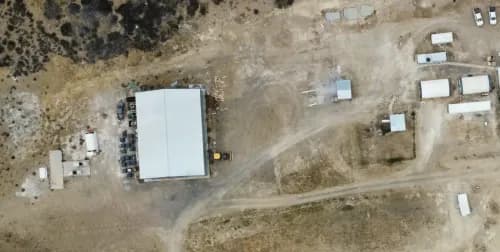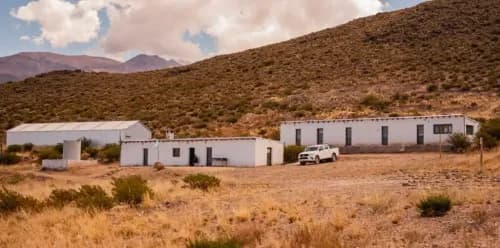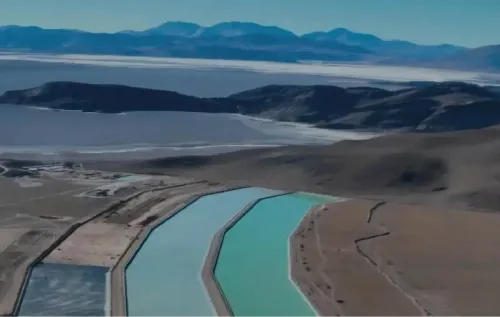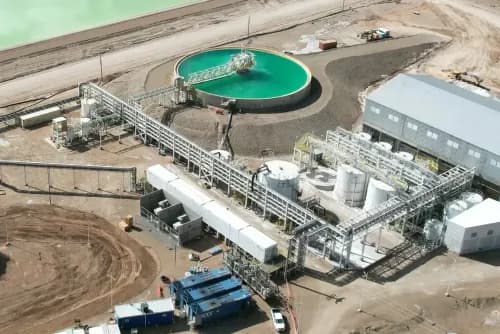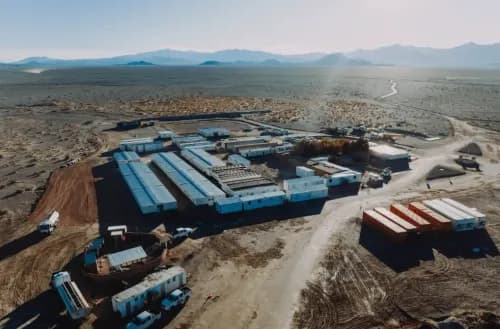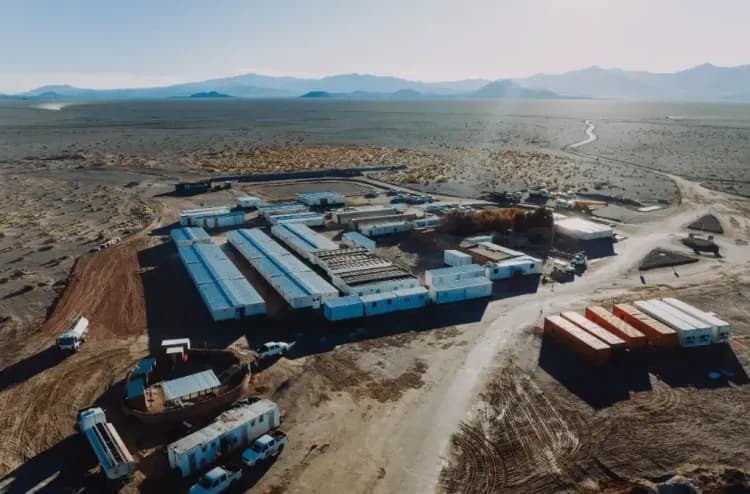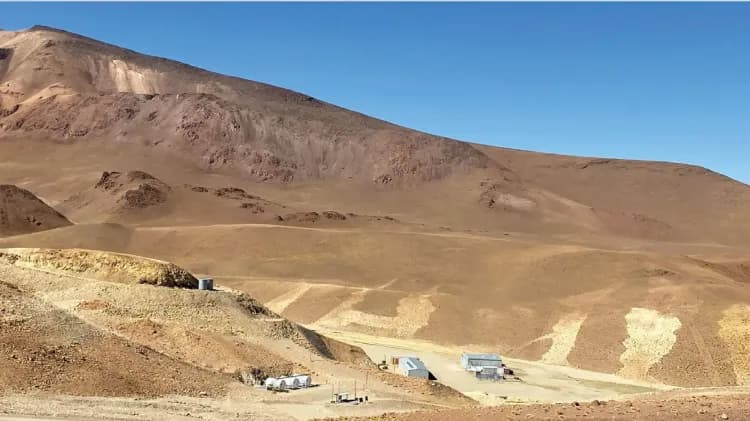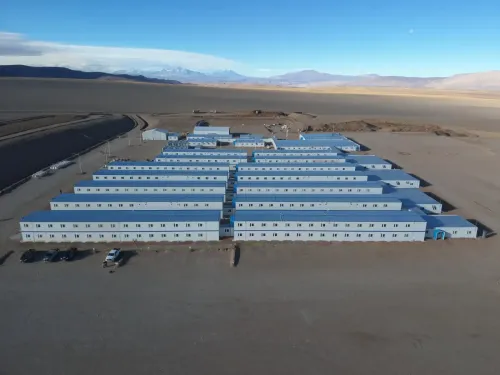In a series of reforms enacted through Decree 449/25, the Argentine government introduced substantial changes to its legal mining framework, aiming to reduce administrative burden and redefine the technical competencies of the state apparatus. The move, enabled by powers granted under the Ley de Bases, alters key operational aspects of Law 24.196 (Mining Investment Law) and Law 24.466 (National Geological Information Bank).
By Panorama Minero
The most visible change is the simplification of the procedure by which companies validate past and projected investments. Until now, the process required filling out forms with over 1,000 data fields, many of which lacked legal backing, according to official sources. In its place, companies will now be required to submit a technical report prepared by an independent professional, effectively transferring responsibility to third parties and reducing administrative timeframes. For companies, this offers tangible relief in terms of indirect costs and bureaucratic risk. For the state, it signals a regulated trust in licensed professionals — though it also raises questions about the quality and consistency of ex post oversight.
Another significant reform focuses on expediting the issuance of the fiscal stability certificate, a central feature of the mining investment regime. The new rule eliminates the need to consolidate taxes and fees from different levels of government. Now, the certificate can be issued with a simple statement indicating the date on which fiscal stability is established. While this change addresses a notable bottleneck — the process previously took up to a year — it also distances the national government from coordinating tax-related responsibilities with provinces and municipalities, which may complicate future efforts to design harmonized fiscal incentives.
In parallel, the management of geological information was reorganized. From now on, the National Geological Information Bank — created under Law 24.466 — will formally fall under the jurisdiction of the Argentine Geological Mining Service (SEGEMAR), removing that responsibility from the Mining Secretariat. This addresses an institutional overlap that had long been acknowledged but not resolved. Registered companies must submit surface geological data from explored areas, which will be incorporated into a public database. The measure strengthens SEGEMAR’s technical role and seeks to improve transparency and traceability in the country’s geoscientific data management.
The overall direction of the reforms is clear: streamline processes, reduce administrative intervention, and specialize functions. In a context where Argentina is seeking to attract productive investment in a sector with strong growth potential — particularly in lithium, copper, and gold — removing procedural obstacles could help improve the country’s standing among investors.
That said, the effectiveness of these changes will depend on two critical factors. First, the quality and reliability of the privately prepared technical reports that now replace state-run verification processes. Second, SEGEMAR’s capacity to absorb new responsibilities without underfunding or political interference. The strategy leans toward a more agile and technically focused state. As a first step toward greater institutional efficiency, it’s a rational move — but it must be accompanied by an integrated policy framework and strong oversight mechanisms to avoid creating a low-control, high-dependence dynamic on private reporting.



